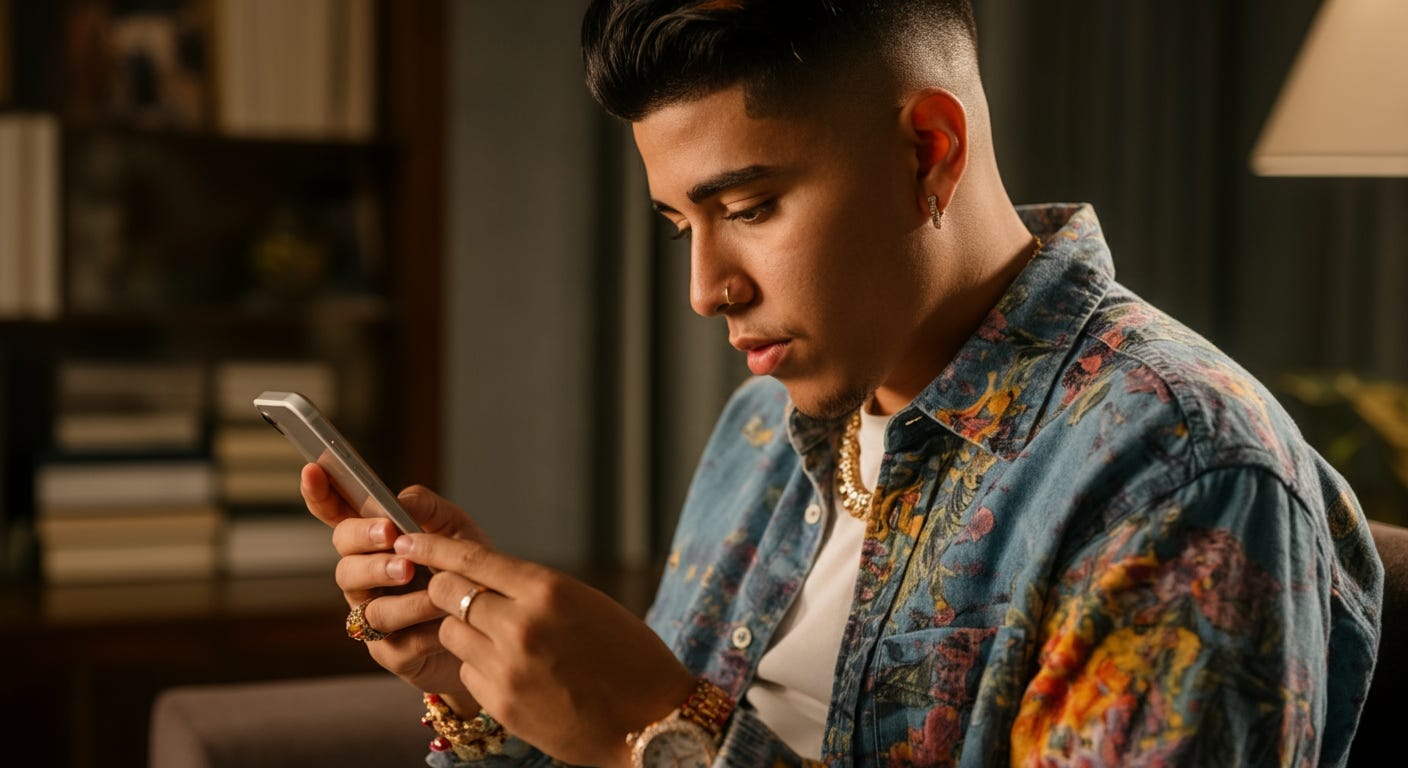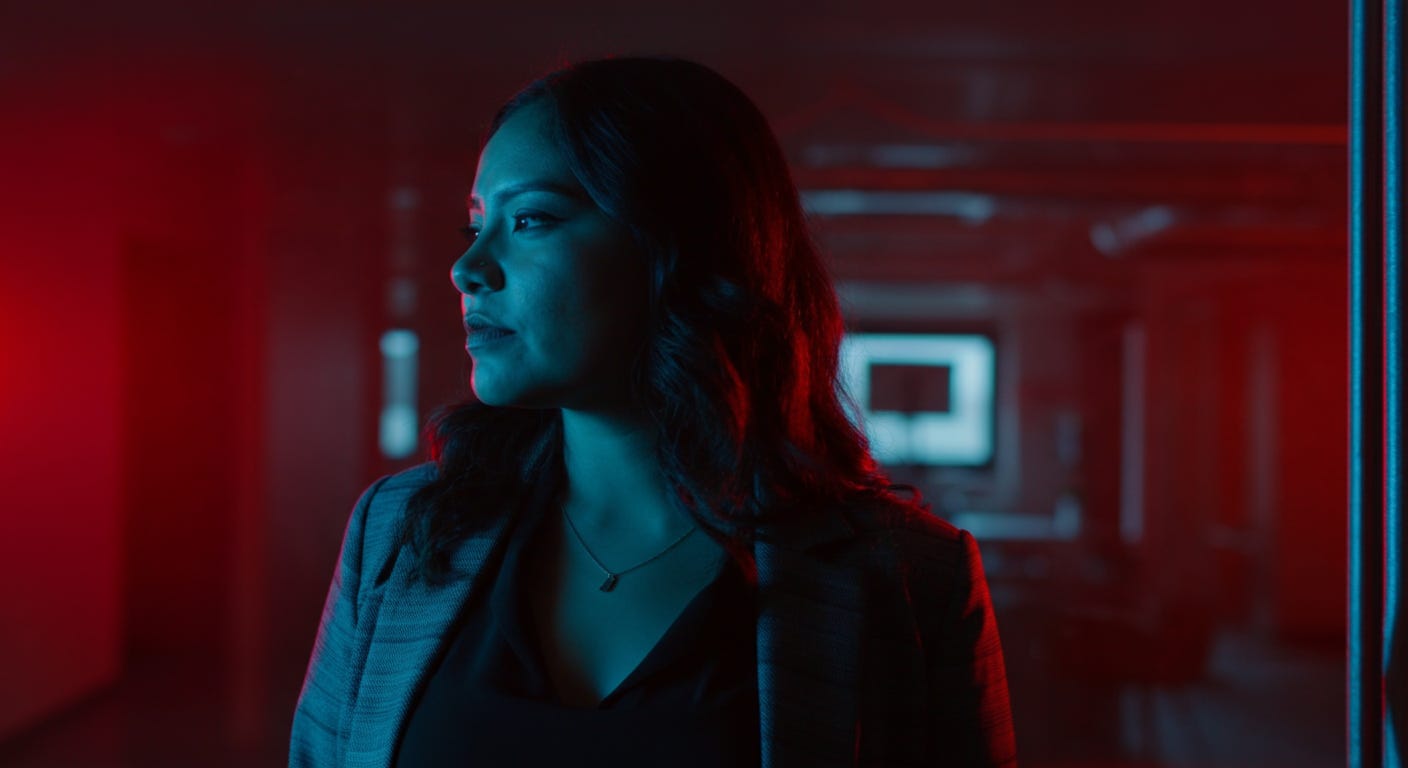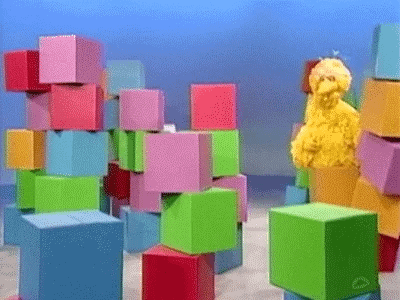Five smart tips to thrive in public media
Great work and leadership opportunities for Latinos and diverse staff are still possible
A common question I ask my interviewees is what advice would you have given your earlier self. Consider this OIGO my own answer. This edition is also a reply to a common query I get: how Latine and BIPOC folks can succeed in public media.
If you're a Latino professional looking to build a career in public media, you're stepping into a space where your voice, experiences and perspectives are not only needed, but crucial to shaping a more inclusive and representative landscape and future. Thank you.
This does not mean it’s easy. Public media can be a little daunting, with its intricate structures and expectations. But you are needed in this space, and your contributions have the power to transform not just your organization, but the entire industry. With the right strategies and a solid support system, you can thrive.
Whether you're fresh out of school or a few years into public media, here are five pieces of career advice to help you navigate and find your footing.
1️⃣ Culture is a superpower
Don’t feel like you have to “fit in” or downplay your heritage to succeed. Lean into it. Rather than focus on being '“the only one in the room,” flip that to “the one in the room with the knowledge others need.” You don’t have to speak for all Hispanics, and it’s okay that your experience is different than what others had. What’s critical is that your perspective can bridge gaps, create more authentic content, and engage communities that might feel disconnected from public media.
Media in general—and public media in particular—often struggles to authentically reflect the communities it serves. You are part of the solution. As a Latino professional, your cultural background offers a perspective that enriches storytelling, community and potential donor/business relationships and content.
So, speak up in meetings, share your insights, and know that your unique understanding of Latino experiences is a gift. More often than not, your colleagues may not even realize the blind spots they have in content creation and audience engagement. Many want to learn. And, even when there’s resistance in the room, your allies in the building need you present to offer nuance and depth.
2️⃣ Don’t be afraid to ask, or to apply
Be courageous and ask for what you need, whether it’s resources, professional development or a seat at the table. Early-career professionals, especially Latinos, can sometimes feel like they need to prove themselves. And you should have grounding to succeed. But if you’re waiting for permission, you’ll be waiting a long time.
Public media needs you to help it adapt to the changing landscape, so sometimes you need to push a little to get the support and tools you need. Want more training in a specific area? Ask for it. Need clearer guidance from your boss? Don’t be afraid to have that conversation, in ways your boss will hear it and will understand the advantages for them. See an opportunity to lead a project that aligns with your goals? Inquire. If you feel like you’re hitting a wall, reach out for support—whether it’s from HR, your manager or a mentor.
And when it comes to seeking roles you’re interested in, just apply. I run into many early-career candidates of color who don’t try because they feel like they may not have all the skills listed. Self-selecting out doesn’t benefit you. Let the hiring manager make the call if you’re not ready. They may see more in you than you recognize.
3️⃣ Understand the wider work
Public media isn’t just about storytelling—it’s also about sustainability. Being smart about the business side of public media will set you apart and help others see you as more than the role you’re in. Knowing how funding works, how to engage donors and stakeholders, and the key role audience engagement plays are a few places to start.
In your current position, take the time to learn about how your station generates revenue, and stay curious about how governance and funding impacts your work. This knowledge makes you more valuable as a professional because it shows that you understand the bigger picture. When you’re able to align your work with the organization’s goals while maintaining its mission to serve the public, talk it up. You become an asset that leadership will notice.
4️⃣ Find many mentors
Mentorship is essential, especially when you're just starting out. But here's the thing: don’t limit yourself to one mentor. You need a community of mentors with diverse expertise who can offer guidance in different areas—professional growth, leadership skills and cultural navigation among them.
Seek out Latinx professionals who’ve walked the path before you, whether they are in public media or adjacent fields. They can provide invaluable advice on how to navigate a space that hasn’t always been designed with you in mind. Also, don't overlook mentors from different backgrounds who understand the value of diversity and can open doors for you in unexpected ways. The key is finding people who can help you grow while also respecting and celebrating your identity.
5️⃣ Build your visibility and network
Public media is a tight-knit industry, and like any industry, your network is crucial to your success. But here’s a tip: build connections where you work, and go beyond your department/division to get to know people; as well as expand your network across public media outlets nationwide.
You’ll learn a lot about your organization when you interface with other departments. These connections increase your visibility. In addition, public radio stations, TV affiliates, podcast networks and digital media share a similar ecosystem, and connecting with professionals across this spectrum can open up new opportunities.
Don’t overlook social media, but use it strategically. I post daily, but I’m never pursuing virality. I do it for peers and others to see my work, thought leadership, interest in engaging people, and my passion for public media when they need to see it. You'll find that a heartfelt email from someone you've never met, telling you how much your work impacted them, means more than getting 10,000 likes.
🤞🏽 Una última cosa
As you build your career in public media, remember that you belong here. You have the potential to make lasting, transformative change, not only for yourself but for the audiences and communities we serve. You’re also creating space for the next person who chooses public media, leads an organization, or attains a decision-making role.
Some days are better than others, and you’ll experience frustration. But public media has space for your voice. Your presence and contributions are necessary and valued.
What advice do you have or need? 🟢
Cafecito: stories to discuss ☕
Inside Radio covers new research that indicates radio is the most trusted platform among Hispanic adults.
The Miami Herald reports on Radio Conciencia, a low-power FM in the state serving Spanish-speaking residents in the aftermath of Hurricane Milton.
Radio Indigena, Cicero Independiente, Conecta Arizona and El Tecolote were among the Latino organizations receiving Press Forward funding this week.
Wisconsin Public Radio explores Latinx identity in a recent program. It’s a bit dense, but also simple enough to understand.
El radar: try this 📡
Keep focusing on Latinos in the days before Election Night. Fascinating work at St. Louis Public Radio, KJZZ and Houston Public Media. Also KQED points out, while Latine political influence is rising, the number of Hispanics who become legislators is not as robust.
Spotlight Latinas on career paths. Illinois Public Media provides thoughtful coverage of Latinas in the welding industry. It’s interesting because too much of the Latina labor narrative is either custodial or hyper-white collar. I expect local groups near you may be introducing Latinas to such careers.
Speaking of, Northern Public Radio offers a look at Latina professional networks.
Talk about diversity and philanthropy. Colorado Public Radio recently reported on how organizations are thinking about Latino/a households and charitable giving, as well as the role of Latinx leadership.
Offer a glimpse at music and community. WDET just did, talking with a local musician and ambassador for Puerto Rican culture in the state.
The next OIGO arrives Nov. 1. If you’re in the Seattle area, I’ll be there for KEXP’s Dia de los Muertos broadcast from Centro de la Raza on Saturday, Nov. 2. You might hear me between 12-5 that day, too. Come say hello, or hit reply. I’d love to see you.
🥤 You can buy me a coffee if you’d like to support the newsletter.









“But if you’re waiting for permission, you’ll be waiting a long time.”
Gosh I wish I had heard this when I was a young female scientist in biotech (still learning this lesson to be honest). Can’t wait to see more of my Latine friends behind our media and on our ballots!
Ernesto - this is fantastic. I want to save this and share it widely as it is exactly the kind of advice people need. Thanks for writing this!